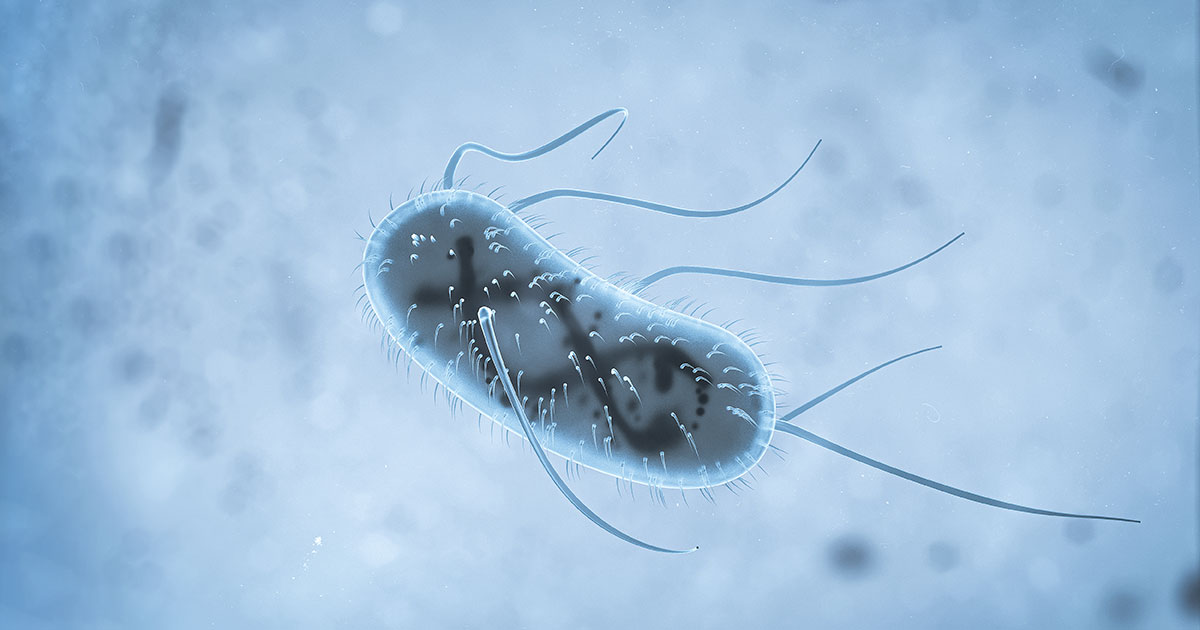Earlier this fall, Baltimore became the latest major North American city to struggle with contaminated water. E. coli, a common form of bacteria, was detected in several areas across the city, affecting 1,500 people.
City officials issued three sites in West Baltimore a boil-water advisory in September, which also impacted several school areas. On the Monday after the water advisories were put in place, over 1,700 gallons of water were distributed to worried civilians.
Uncertain factors
Three days after the contamination first came to light, city officials eventually lifted the advisories; however, they have been unable to find a cause of the E. coli outbreak. Multiple agencies, including the Maryland Department of the Environment, have started to test the water in the local area, but officials have stated that there may be a multitude of factors that impact the water supply.
The agencies have started taking 360 samples from 90 locations throughout the city each month to determine possible issues with water quality.
What is E. coli?
E.coli, short for Escherichia coli, is a type of bacteria that can cause severe food poisoning. Symptoms include diarrhea, vomiting, and stomach cramps. In severe cases, E. coli can lead to kidney failure. Although most cases of E. coli infection are mild, it can be deadly—especially for young children and the elderly.
So how does this potentially deadly bacteria end up in our city water supplies? One way is through contaminated runoff from animal farms. When rain or melting snow water runs off these farms, it can pick up bacteria from animal waste and carry it into nearby rivers and lakes — and eventually into municipal water systems.
Another way E. coli can enter city water supplies is through faulty septic systems. If these systems are not properly maintained, sewage can leak into groundwater that eventually flows into municipal water systems.
How you can protect yourself
Purafy is a clean technology company that believes that clean water is a right for all. We are developing advanced, market-leading solutions to the world’s water challenges. We have a focus on leveraging and utilizing our proprietary and patented graphene products and applications to revolutionize the power, capacity, and cost-efficiency of existing water filtration technologies, to fight contaminants such as E. coli more effectively.
Our drinking water filtration cartridges use unique graphene-based technology to deliver clean, safe drinking water for residential or commercial use. They are the key component of our revolutionary, portable, lightweight system called PORTAGE, which is designed for disaster relief, emergencies, military deployments, campgrounds, and general usage in remote locations where drinking water is not easily accessible.
Our SHIELD water filtration system is another product that protects consumers from E. coli and other contaminants before they can enter the home. The system treats water at the point of entry into the home, filtering our harmful chemicals and micro-organisms such as E. coli so that fresh, drinkable water is available from any tap in the home.
We believe everyone should have access to clean drinking water. Our mission is to keep people all over the world safe from E. coli and all preventable waterborne diseases by leveraging our proprietary graphene-based water filtration technology. To learn more about us, our products and our vision, visit purafy.com.

